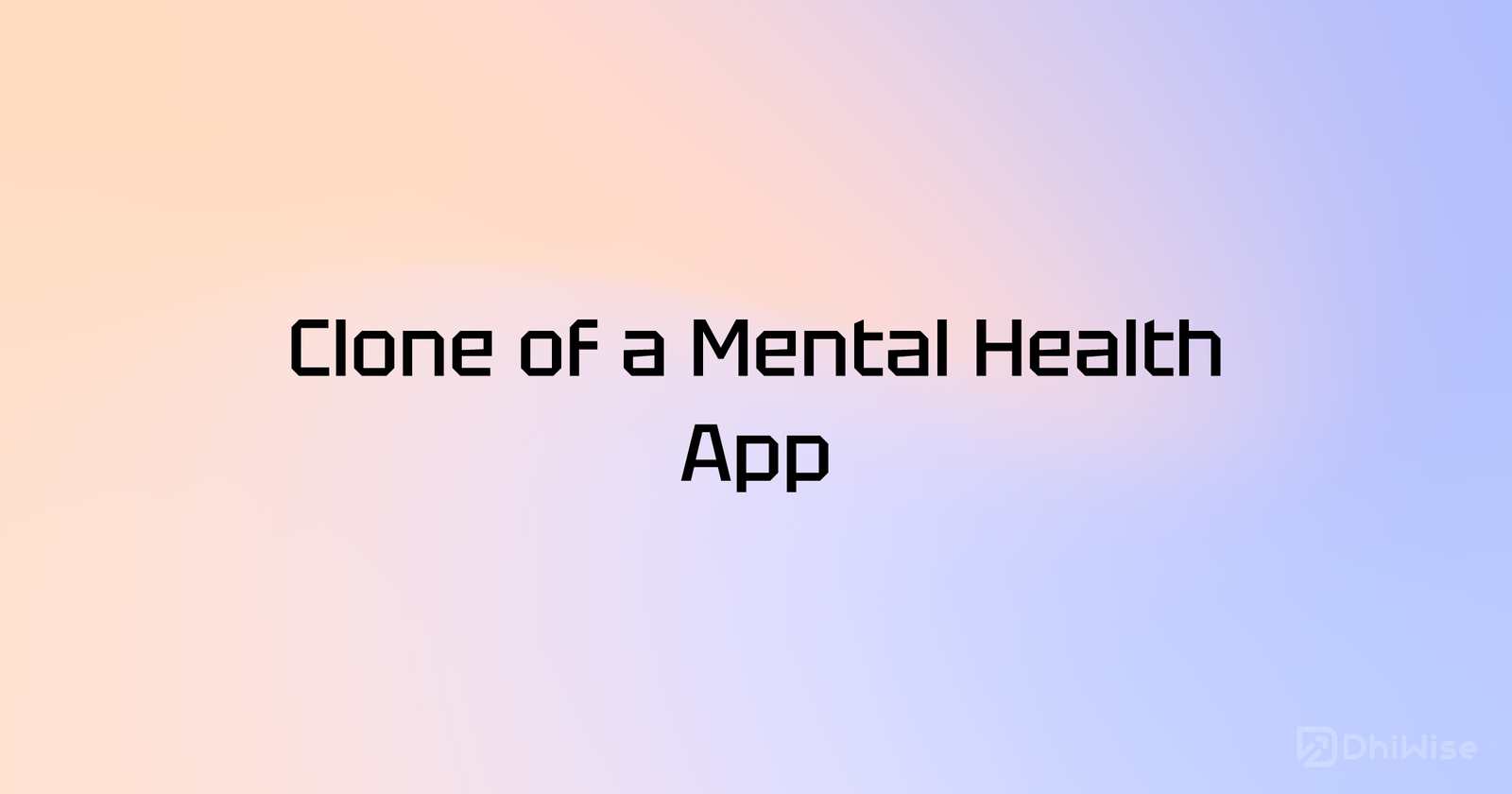In the field of mental health, technology plays an increasingly important role in providing support to users. Aspiring developers now have access to platforms that simplify the process of building mental health applications, enabling them to deliver essential resources without extensive coding knowledge.
One such platform, Rocket, allows users to create both web and mobile applications through straightforward prompts. This approach significantly lowers the barrier to entry for developers interested in contributing to mental health solutions. By using this tool, developers can focus on the app’s functionality and user experience instead of getting bogged down by complex coding.
The process begins with understanding the specific needs of the target audience. Developers should research common mental health issues such as anxiety, depression, and stress management, then design features that address these needs. For instance, an app might include mood tracking, meditation guides, or access to professional resources.
Once the foundation is laid, developers can utilize the platform’s features to implement functionalities. These might include push notifications for reminders, community forums for peer support, or integration with telehealth services for professional consultations. The ease of building such an app means that developers can quickly adapt to feedback and improve their offerings.
Additionally, the importance of user experience cannot be overstated. A well-designed interface encourages engagement and makes it easier for users to access the support they need. Developers should prioritize intuitive navigation and appealing design to retain users and encourage regular interaction with the app.
Security and privacy are also critical components of any mental health app. Developers must ensure that user data is protected and handled with care, implementing strong encryption methods and transparent privacy policies. This builds trust with users, who may be hesitant to share sensitive information.
As mental health awareness grows, the demand for accessible and effective resources continues to rise. New tools and platforms empower developers to meet this demand, creating a space where technology and mental health intersect. By focusing on user needs, security, and ease of use, developers can make a meaningful impact in the lives of individuals seeking mental health support.



